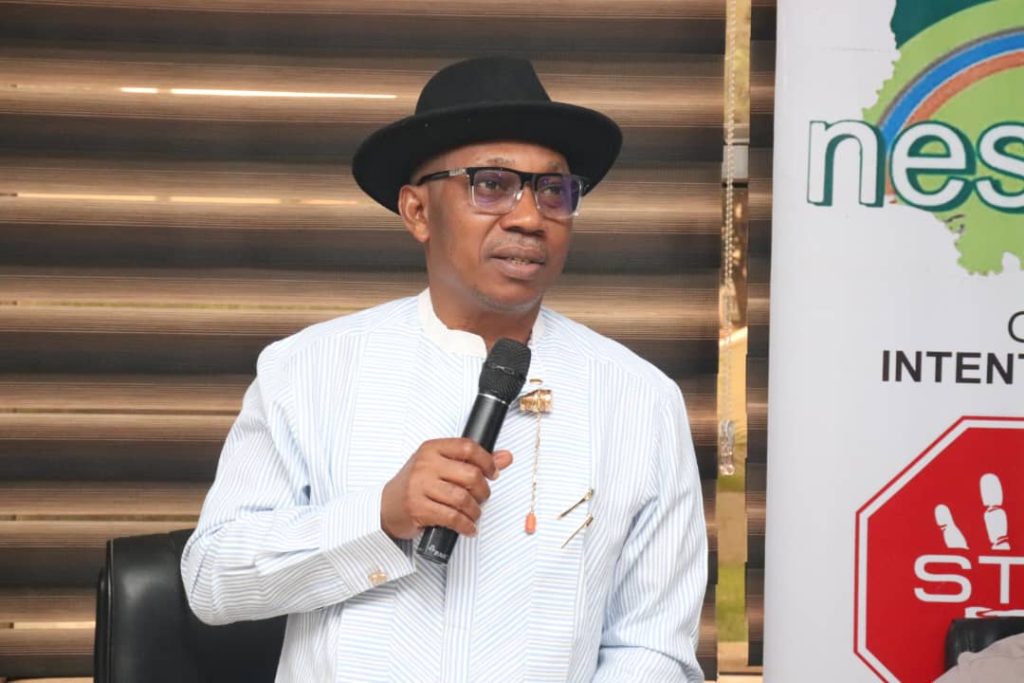
Nigeria is exploring a promising strategy that ties waste reduction to economic growth. By investing in the circular economy, Nigeria can simultaneously boost green jobs and foreign exchange earnings, says Prof. Innocent Barikor, DG of NESREA.
At a recent meeting in Lagos with the management of Sonnex, a plastic packaging recycling firm, Prof. Barikor affirmed that NESREA is fully committed to embedding a circular economy into national priorities. He emphasized that recycled materials like pellets and flakes, once exported, generate solid forex income. He also noted that new Plastic Waste Control Regulations—currently awaiting gazette—are poised to strengthen the legal framework for this initiative.
To formalize Nigeria’s informal waste sector and digitize recycling, NESREA has partnered with Recyclestack to launch Waste Marketplace Nigeria, a digital platform enabling online waste transactions. This market is designed to onboard at least 10,000 verified users in the initial four months, creating inclusive green jobs, reducing illegal dumping, and improving material recovery rates.
Nestlé Nigeria recently conducted a Waste Worker Safety and Health Training Program, equipping 100 waste handlers in Lagos and Abuja with safety skills and PPEs. Supported by NESREA and other stakeholders, the initiative highlights how recycling-based interventions can create safer, more dignified jobs in environmental services.
Nigeria’s reliance on oil revenues leaves the economy vulnerable to global price swings. By contrast, developing a circular economy offers:
By transforming plastic waste into export commodities and empowering workers, Nigeria can pursue sustainable growth while strengthening ecological resilience.